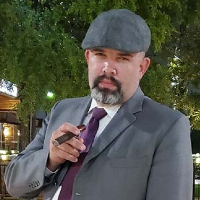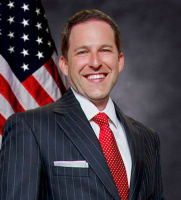Pilot Point RICO Act Lawyer, Texas
Sponsored Law Firm
-
 x
x

Click For More Info:
-
The Law Offices of Richard L. Cooper, P.A.
848 Brickell Avenue Suite 800 Miami, FL 33131» view mapDWI/DUI, Drug Trafficking, Felony Nationally Ranked Top 40 Under 40
With Richard L. Cooper you can expect a trusted confidant who will work diligently to fully understand your case and determine a road map to help you regain control of your life.
800-756-2781
Not enough matches for Pilot Point RICO Act lawyer.
Below are all Pilot Point Criminal lawyers.
Andrew M. Lloyd
✓ VERIFIEDBorn just south of Dallas, and true to his Texas roots, Andrew M. Lloyd fights proudly for families and justice. He exemplifies the attitude contained... (more)
Jason Van Dyke
Throughout a tenure exceeding sixteen years, Mr. Van Dyke has dedicated his legal prowess as the general counsel for factoring companies, commercial d... (more)
Anthony Wayne Reed
✓ VERIFIEDOur firm is lead by Anthony W. Reed, Esq. who is the Principal of The Reed Law Group, PLLC. Anthony is fluent in legalese, and a proficient negotiator... (more)
Hunter A. Biederman
Hunter Biederman, often referred to as the “Go to Guy for DWIs” is a founding partner of the Law Offices of Biederman & Burleson P.L.L.C., located... (more)
FREE CONSULTATION
CONTACTFREE CONSULTATION
CONTACT
 Richard L. Cooper Miami, FL
Richard L. Cooper Miami, FL AboutMiami Attorney at Law
AboutMiami Attorney at Law ServicesCriminal Defense
ServicesCriminal Defense




